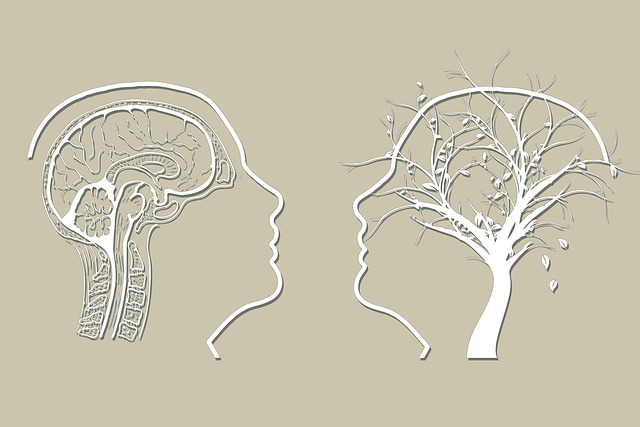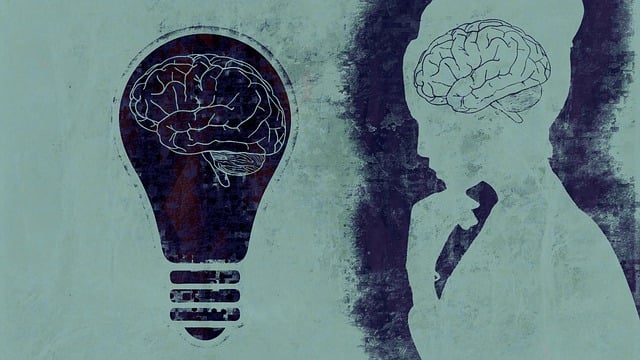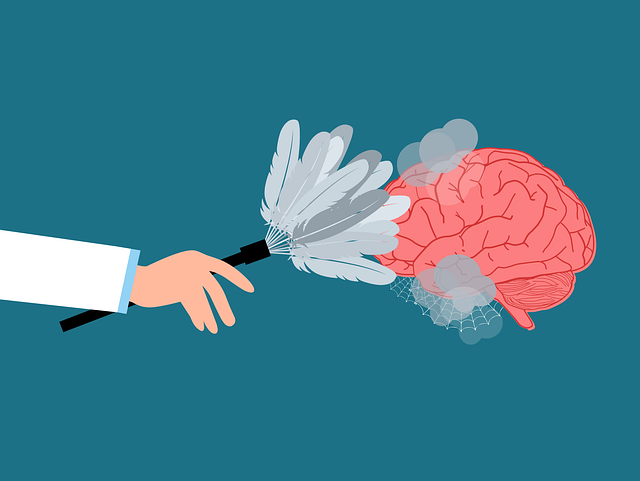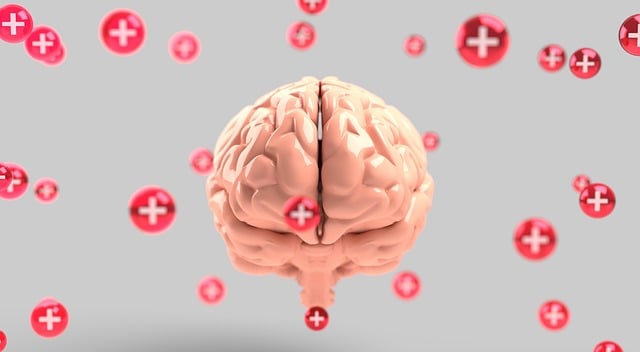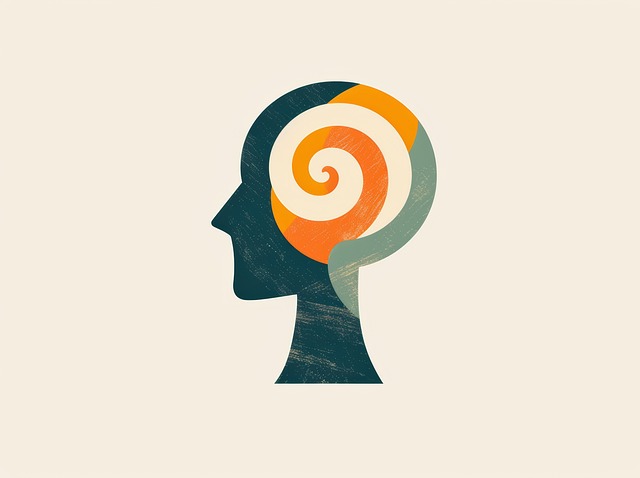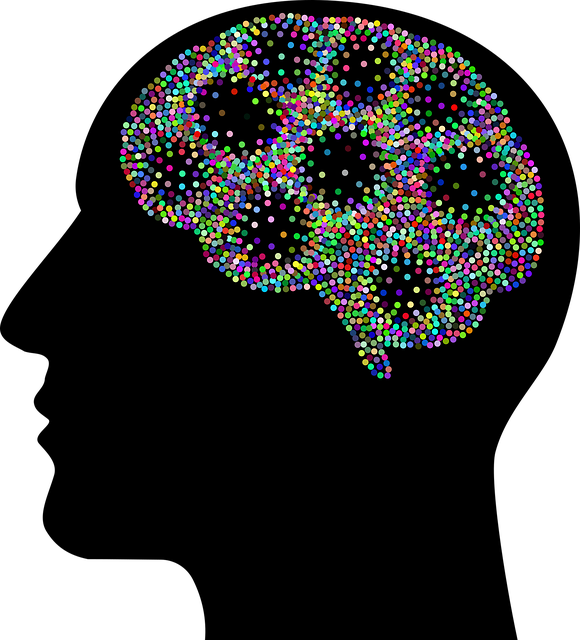Media portrayal significantly shapes societal perceptions of mental health, with positive depictions encouraging help-seeking and accurate representations reducing stigma. Golden Phobias Therapy offers a unique approach using art, storytelling, and self-awareness exercises to humanize individuals with phobias and dispel myths. Strategic approaches in media, including diverse narratives from lived experiences and consultation with experts, are crucial for challenging stereotypes and promoting empathetic storytelling. Storytelling humanizes mental health challenges, fostering empathy and encouraging support. Effective treatment methods like Golden Phobias Therapy, when highlighted in authentic narratives, can inspire positive change and direct individuals towards valuable resources.
Mental illness representation in media significantly impacts public perception, often perpetuating stereotypes that hinder understanding and support. This article explores strategies to challenge these portrayals, focusing on the innovative approach of Golden Phobias Therapy, which uses creative narratives to destigmatize mental health issues. We delve into effective methods for promoting accurate representation, emphasizing the power of storytelling in fostering empathy and compassion towards individuals struggling with mental illness.
- Understanding the Impact of Media Portrayal on Mental Health Perception
- Golden Phobias Therapy: A Creative Approach to Challenging Stereotypes
- Effective Strategies for Promoting Accurate and Empathic Mental Illness Representation
- The Role of Storytelling in Fostering Awareness and Compassion
Understanding the Impact of Media Portrayal on Mental Health Perception

Media portrayal plays a pivotal role in shaping societal perceptions about mental health, significantly influencing how individuals understand and respond to various conditions. The way mental illness is depicted in movies, television shows, and other forms of media can either promote understanding and empathy or perpetuate harmful stereotypes. Positive representations, such as those showcasing recovery stories and the effectiveness of therapy, like Golden Phobias Therapy, have been shown to enhance Mental Health Awareness and encourage individuals to seek help.
Conversely, negative portrayals often rely on dramatic devices that oversimplify complex conditions, leading to misconceptions. This can deter people from understanding their own experiences and discourage them from pursuing appropriate Social Skills Training or Communication Strategies. By promoting accurate and nuanced representations, media can foster a more supportive environment for individuals living with mental health challenges, ultimately reducing stigma and encouraging earlier intervention and treatment.
Golden Phobias Therapy: A Creative Approach to Challenging Stereotypes

Golden Phobias Therapy is a creative and innovative approach to challenging stereotypes associated with mental illness, particularly in media representation. This therapeutic method focuses on using art and storytelling to humanize individuals living with phobias and other mental health conditions, dispelling myths and fostering empathy. By engaging in self-awareness exercises and resilience-building activities, participants learn to navigate their fears and gain a deeper understanding of their own experiences and those of others.
This therapy design goes beyond traditional mental health education programs by offering a safe and supportive space for individuals to express themselves creatively. Through art, writing, or performance, participants can confront their phobias head-on, transforming them from debilitating obstacles into sources of personal growth and empowerment. The result is not only an improved understanding of mental health but also a more nuanced and accurate representation in media, where stories of resilience and recovery gain prominence.
Effective Strategies for Promoting Accurate and Empathic Mental Illness Representation

Promoting accurate and empathic mental illness representation in media involves intentional strategies to challenge stereotypes and provide nuanced insights into lived experiences. One effective approach is incorporating diverse narratives, ensuring stories are told from various perspectives, including those with personal experience. This strategy enriches understanding by humanizing conditions often reduced to simplistic narratives, such as “golden phobias therapy” — a term that captures the complexity of specific disorders. By showcasing real-life journeys and highlighting the impact of supportive relationships, media can foster empathy among audiences.
Communication strategies play a pivotal role in accurate representation. This includes precise language use, avoiding stigmatizing terms, and focusing on individual experiences rather than broad generalizations. Engaging mental health experts for consultation and ensuring factual accuracy in portrayal are also vital. Furthermore, advocating for mental health policy analysis and advocacy can drive industry-wide changes, encouraging more responsible and empathetic storytelling. Effective media representation not only educates the public but also supports individuals in their journeys towards improved mood management.
The Role of Storytelling in Fostering Awareness and Compassion

Storytelling has an immense power to shape perceptions and influence societal attitudes, making it a vital tool in the quest for better mental health representation in media. When narratives center around individuals grappling with mental illness, they can break down stereotypes and foster empathy among audiences. By humanizing experiences and showcasing diverse journeys, these stories encourage viewers to view mental health challenges as relatable and understandable rather than ominous or taboo. This shift in perspective is crucial, as it paves the way for increased support and understanding from the general public.
Furthermore, compelling storytelling can direct individuals towards valuable resources, such as Golden Phobias Therapy or Mental Wellness Podcast Series Production, by providing insights into effective treatment methods. Engaging narratives that incorporate burnout prevention strategies for healthcare providers and stress reduction methods can spark meaningful conversations and inspire positive change. Ultimately, the media’s ability to narrate mental health stories with authenticity and sensitivity has the potential to revolutionize public perception, leading to a more compassionate and supportive society.
Media representation plays a pivotal role in shaping public perception about mental health. By adopting creative approaches like Golden Phobias Therapy, which challenges stereotypes through compelling storytelling, we can foster greater empathy and understanding. Effective strategies that promote accurate and nuanced mental illness representation are essential to breaking down stigma and creating a more inclusive society. Through these collective efforts, we can navigate towards a future where mental health is portrayed with the compassion and authenticity it deserves.
